The people have spoken. After a public contest, Seoul finds itself the proud possessor of a new promotional slogan, a strapline that will be branded across the city’s marketing campaigns for years to come. It is ― drum roll, please… “I.Seoul.U.”
And guess what? While it may be an improvement over its bland and meaningless predecessor (“Hi Seoul!”) everyone hates it.
Asian marketing magazines, Korean newspapers (including this one) ― and even the BBC have weighed in on the brouhaha. So have expatriates. By the truckload.
Judging from the Interweb chitchat, you could be forgiven for thinking that every English-speaking resident of this fair city holds an advanced degree in marketing communications, or has 20 years’ experience in a global advertising or PR agency under his or her belt.
One of the key messages emerging from this colossal group whine is, “I am a native speaker of English, by God! How dare Seoul come up with a new slogan without consulting me!” Another is, “I don’t like it. So it must be balderdash!”
The arrogance, the vitriol and the self-appointed expertise evident in this explosion of online bile is extraordinary.
So permit me to be a contrarian and make a shock announcement: The slogan was not created with the express aim of pleasing the expatriate community. Even though it is in English (well, sort of…) it will be used locally as well as globally.
And when it comes to global destination brands, most are not focused on export promotion or investment promotion, but are tourism-centric: Think “Malaysia: Truly Asia,” “Incredible India” “New Zealand: 100 Percent Pure,” and all the rest. (Hong Kong’s “Asia’s World City” is a rare exception.)
None of the naysayers have seen the new strapline in its context ― i.e., in place in an ad, or as part of a wider marketing campaign. Even so, in the tourism space, it does not take too much imagination to see how I.Seoul.U could be leveraged (“I.Visit.U, I.See.U, I.Play.U. I.Eat.U. I. Drink.U. I.Buy.U, I.Love.U ― I. Seoul.U…. etc, etc).
This wording format would work fine and be easily comprehensible across audio, audiovisual and/or print media platforms. Likewise, it would be an easy fit for merchandizing.
Moreover, the target demographic for Seoul tourism promotion efforts is not the U.S., U.K., Canada or anywhere else in the Anglosphere. The obvious, natural focus for Seoul tourism promotion is China and Japan.
The stark simplicity of I.Seoul.U may well speak to tourists hailing from these high-potential target markets ― tourists who have, on the whole, a poor command of English.
And if I.Seoul.U has a whiff of Konglish about it ― so what? In the 21st century, English is an international medium of communication. It is no longer the exclusive property of the Anglosphere.
I grant you, I.Seoul.U is not a typical strapline. It is unconventional, it is offbeat, it is quirky. It raises not just blood pressure, but also eyebrows.
And that ain’t a bad thing. Because branding is no longer about rational messaging ― it is about triggering emotion.
When New York came up with “I heart shape NY” naysayers did not criticize it for being an infantile non-word. On the contrary, it was a bold new style of visual communication that ended up becoming iconic ― not to mention endlessly ripped off.
Marketing superpower Nike decided to do away with straplines altogether and just go with its “swoosh.” I doubt that when that concept was unveiled, some loudmouth yelled, “Bah! What the hell is a swoosh, man? Nobody’s gonna get it!”
On the contrary. These are now seen as classic exercises in branding.
But I must confess that there is one thing about I.Seoul.U that irks me. That is this: The entire process was carried out by amateurs ― the city bureaucrats who managed the process and the citizens who were asked to come up with the line itself.
Of course, it is a fine thing to give the average Kim, Park or Lee the chance to try their hand at creative copywriting. And there were a handful of qualified people involved on the periphery of this process.
But even so: Would City Hall consider employing a bunch of unqualified citizens the next time it needs to (say) build a new subway line, or renovate the sewer system? Of course not. It would go to the professionals: engineers and construction firms.
Yet when it comes to marketing communications, City Hall is not prepared to go to (and pay) the professionals in this space ― i.e., market research companies and ad or PR agencies. No: The immediate instinct is to work with amateurs. This indicates to me that despite all this waffle about a “creative economy,” Korea’s 21st century capital remains focused more on hardware than on software.
Andrew Salmon is a Seoul-based reporter and author. Reach him at [email protected].


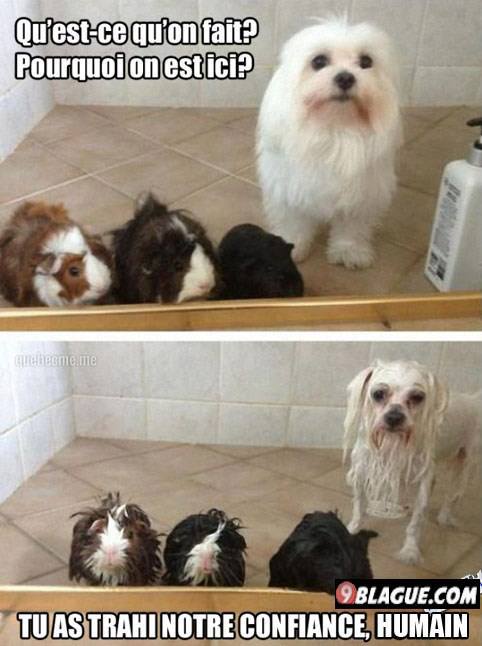





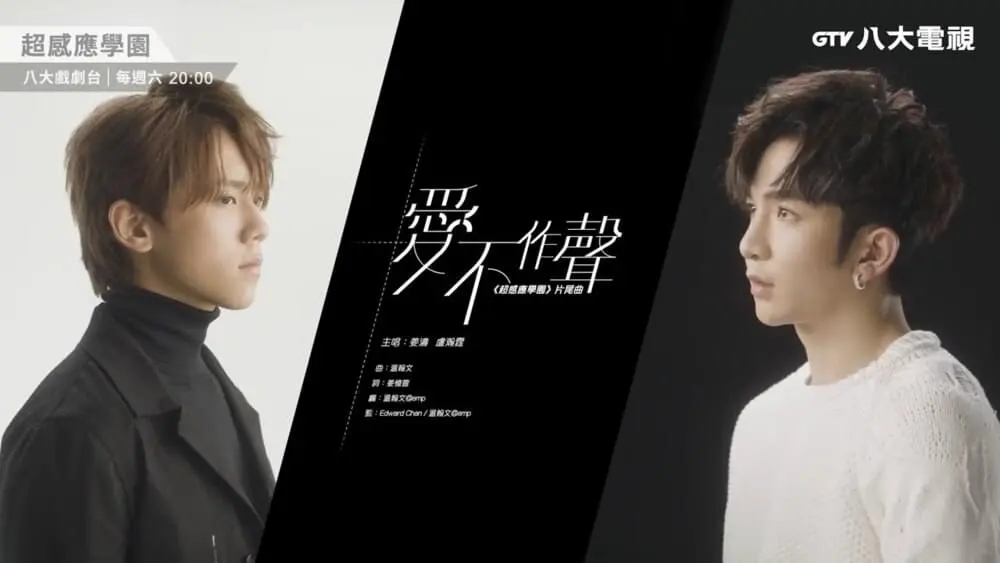
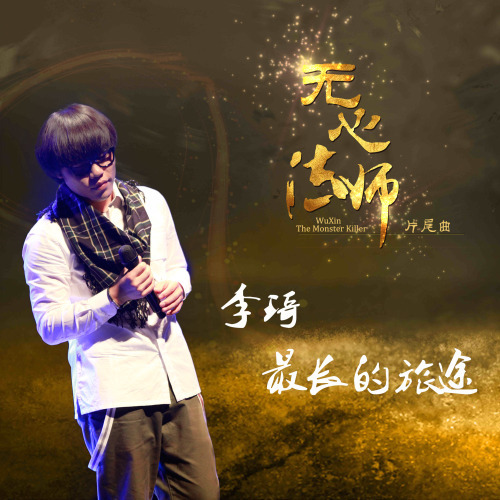
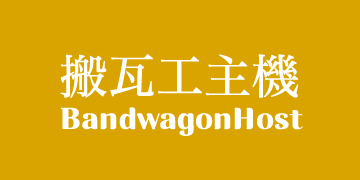
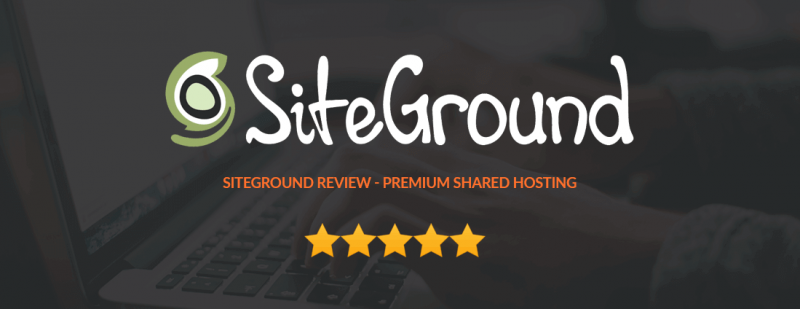
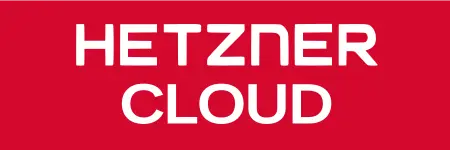
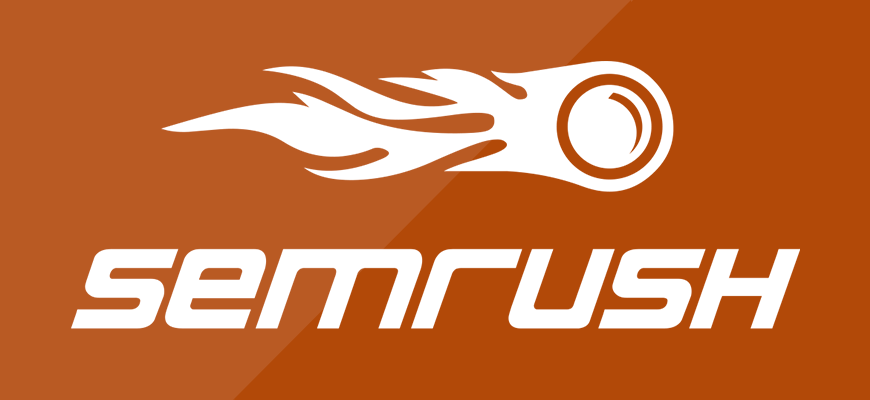
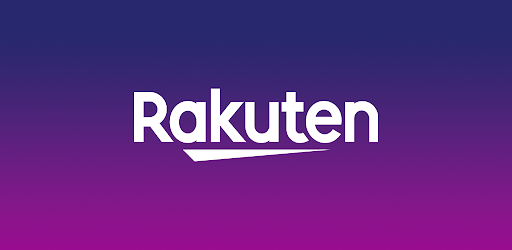
暂无评论内容